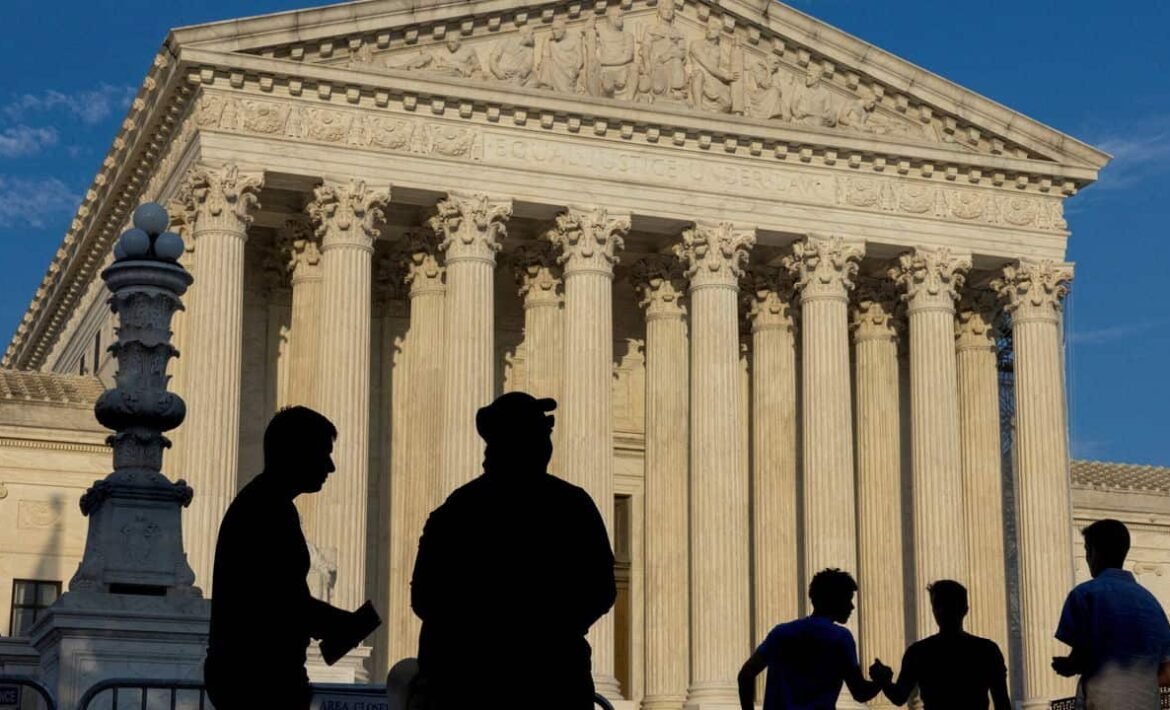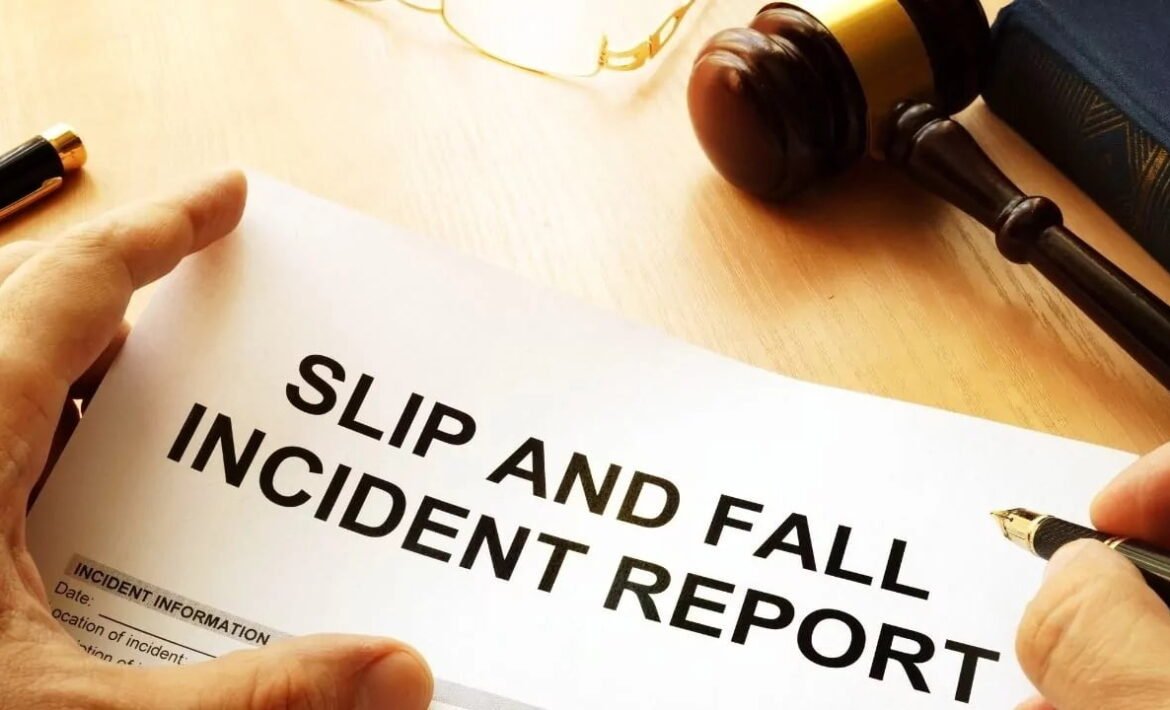The Court of King’s Bench of New Brunswick currently rejected a plaintiff’s movement to amend her slip-and-fall negligence lawsuit, bringing up concerns about unfair prejudice to the defendants due to vast delays. The case stemmed from a 2017 incident wherein the plaintiff fell on steps outside a grocery store owned by Loblaws Inc. and operated by Manuel Groceries Limited. Her initial claim centred on the defendants’ failure to maintain the steps in a safe condition.
After years of prison court cases, the discoveries ended in 2018. The trial date was set for late 2024. In December 2024, the plaintiff sought to amend her claim. She wanted to add new allegations about the design and construction of the steps. These were based on a report from an expert. The plaintiff argued the new points were vital for a complete negligence case. She claimed the steps and handrails violated the National Building Code. She also said they breached the Occupational Health and Safety Act.

Defendants Argue Loss of Evidence and Risk of Prejudice
However, the defendants opposed the motion. They said the stairs were replaced in June 2024. It made the original stairs unavailable for further inspection or testing. They argued the amendments would cause irreparable prejudice. They noted that crucial evidence was lost. Also warned that claims against third parties might expire due to the delay.
The court, under Rule 27.10(1) of the Rules of Court, allows amendments except that they cause undue prejudice that cannot be addressed via adjournment or expenses. In this example, the court docket determined that the put off—seven years after the incident—would unfairly restrict the defendants’ defense. The defendants could not have expected the brand new layout-associated claims, and the lack of the unique stairs substantially impaired their capability to shield against the brand new allegations. As a result, the courtroom dominated against the change, emphasising the rare situations that justified this sort of choice.








